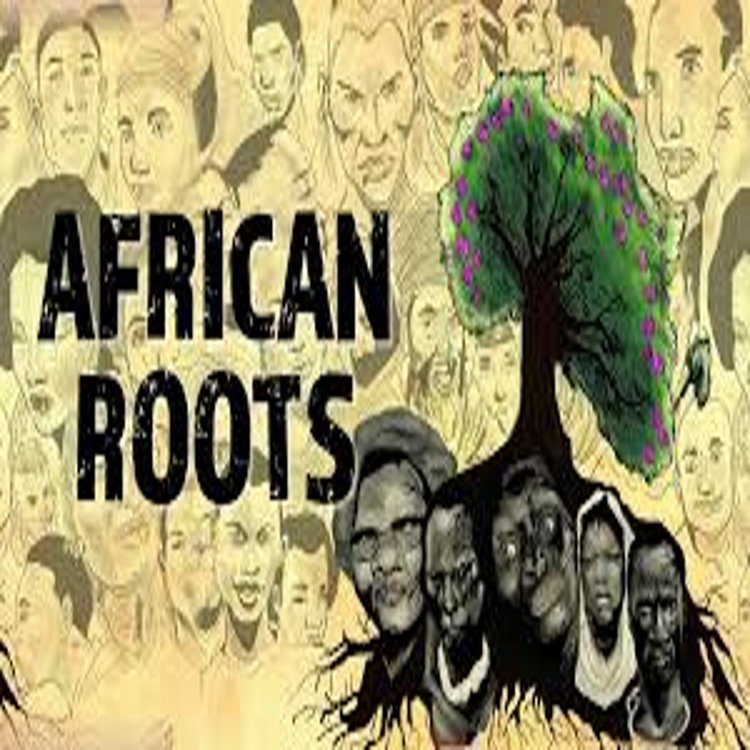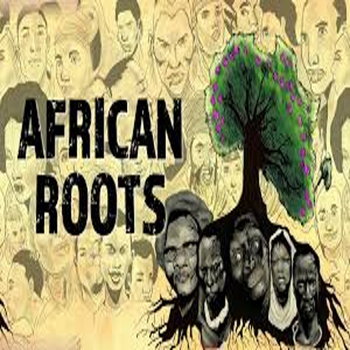
Hendrik Witbooi, a strategic political fighter
Loading player...
Known by his people as "!Nanseb Gaib Gabemab" (the snake in the grass), Hendrik Witbooi rallied his Nama people to rise up in a guerrilla war against German imperialism in what is today Namibia.
When did Hendrik Witbooi live? Hendrik Witbooi was born around 1830 in Pella, a district which today is part of the Northern Cape of South Africa and borders Namibia. Witbooi came from a long line of chiefs of the Witbooi Nama, a previously nomadic tribe belonging to the Khoikhoi people of southwestern Africa. In 1863, the Witbooi Nama moved to an area that became known as German South West Africa (now Namibia). There, Hendrik Witbooi received formal education by German missionaries. He later resettled to the mountains southwest of Windhoek, establishing and leading a wellordered Nama community. He died on October 29, 1905, in the village of Vaalgras in a battle against German colonizers.
What was Hendrik Witbooi known for? He was known for his sharp mind, his early recognition of the menace of colonialism, and his calls for warring African tribes to unite against the German colonizers. The Nama were few in number and poorly supplied compared to the German troops. But Witbooi's tenacious tactics earned him the title "!Nanseb Gaib Gabemab" or "the snake in the grass." He was respected by the Germans – the colonial administrator of German South West Africa, General Leutwein wrote of Witbooi: "I still see him before me …modest, yet selfpossessed, loyal yet not without political cunning, never deviating from what he considered his duty or his right." Witbooi communicated extensively with other African and European leaders and UNESCO has registered his letters and diary (written in Dutch) as world documentary heritage.
When did Hendrik Witbooi live? Hendrik Witbooi was born around 1830 in Pella, a district which today is part of the Northern Cape of South Africa and borders Namibia. Witbooi came from a long line of chiefs of the Witbooi Nama, a previously nomadic tribe belonging to the Khoikhoi people of southwestern Africa. In 1863, the Witbooi Nama moved to an area that became known as German South West Africa (now Namibia). There, Hendrik Witbooi received formal education by German missionaries. He later resettled to the mountains southwest of Windhoek, establishing and leading a wellordered Nama community. He died on October 29, 1905, in the village of Vaalgras in a battle against German colonizers.
What was Hendrik Witbooi known for? He was known for his sharp mind, his early recognition of the menace of colonialism, and his calls for warring African tribes to unite against the German colonizers. The Nama were few in number and poorly supplied compared to the German troops. But Witbooi's tenacious tactics earned him the title "!Nanseb Gaib Gabemab" or "the snake in the grass." He was respected by the Germans – the colonial administrator of German South West Africa, General Leutwein wrote of Witbooi: "I still see him before me …modest, yet selfpossessed, loyal yet not without political cunning, never deviating from what he considered his duty or his right." Witbooi communicated extensively with other African and European leaders and UNESCO has registered his letters and diary (written in Dutch) as world documentary heritage.

